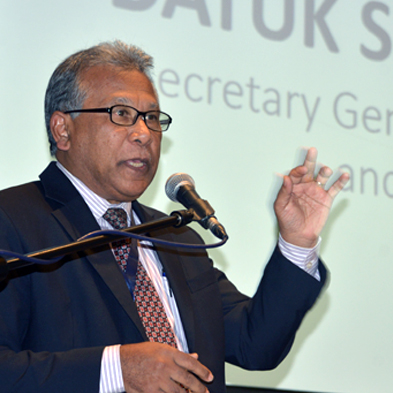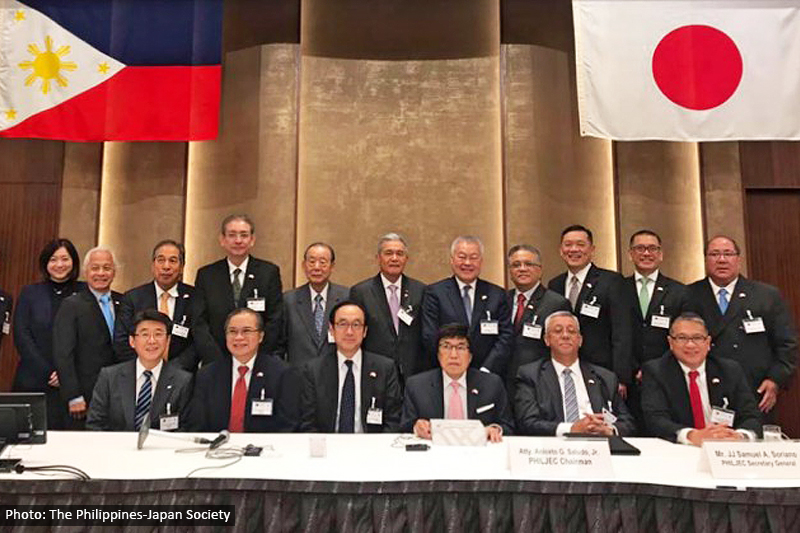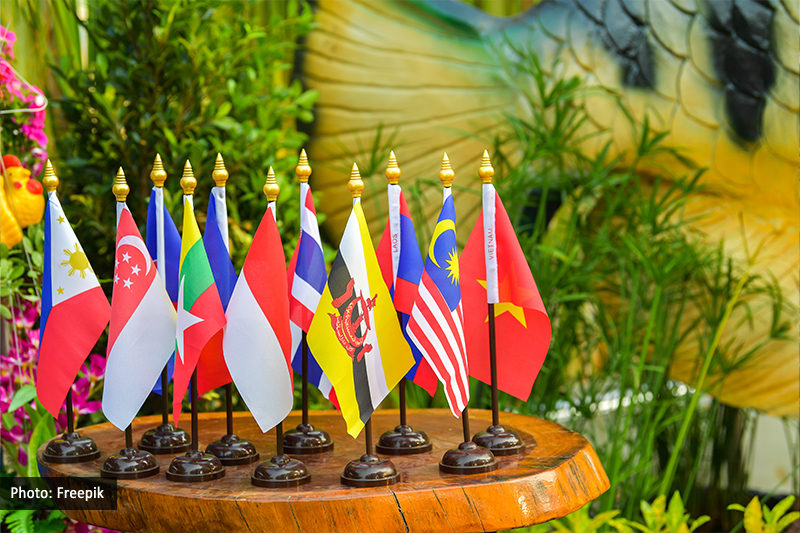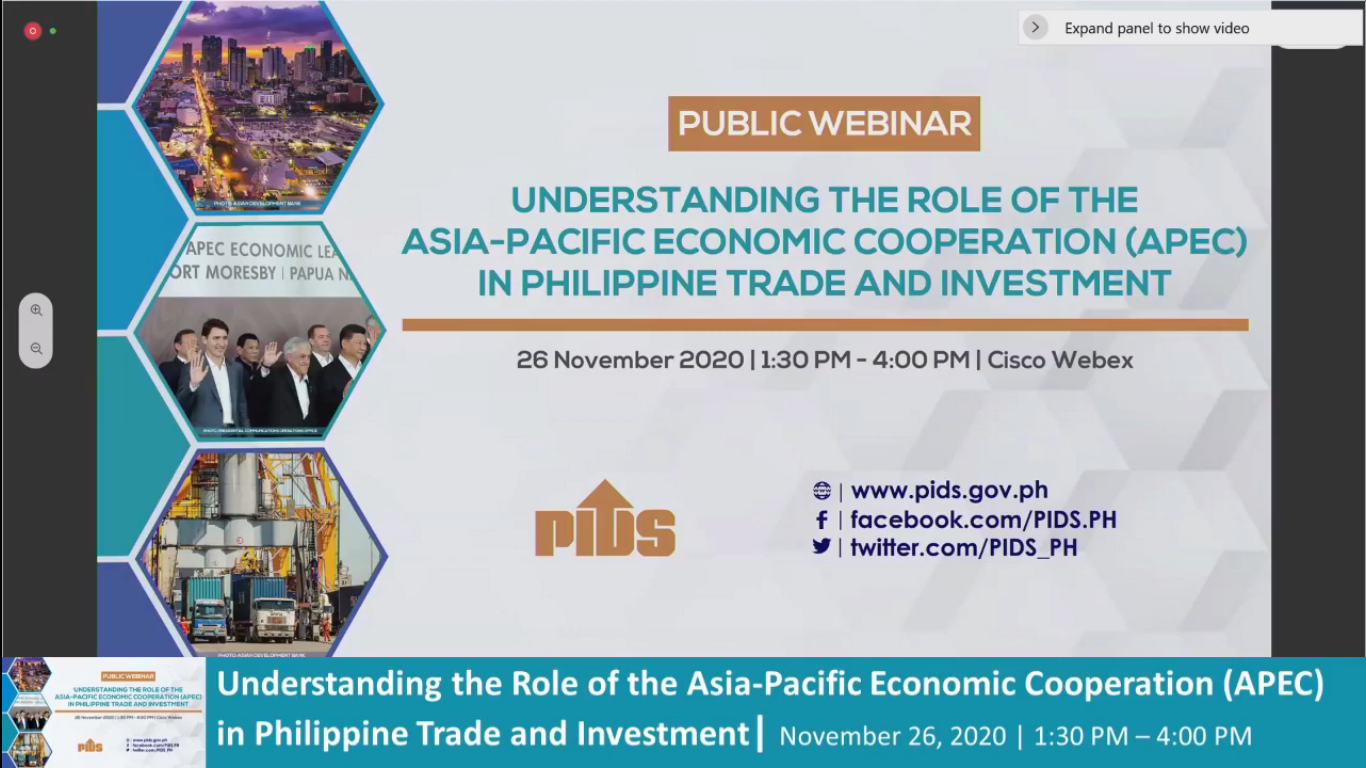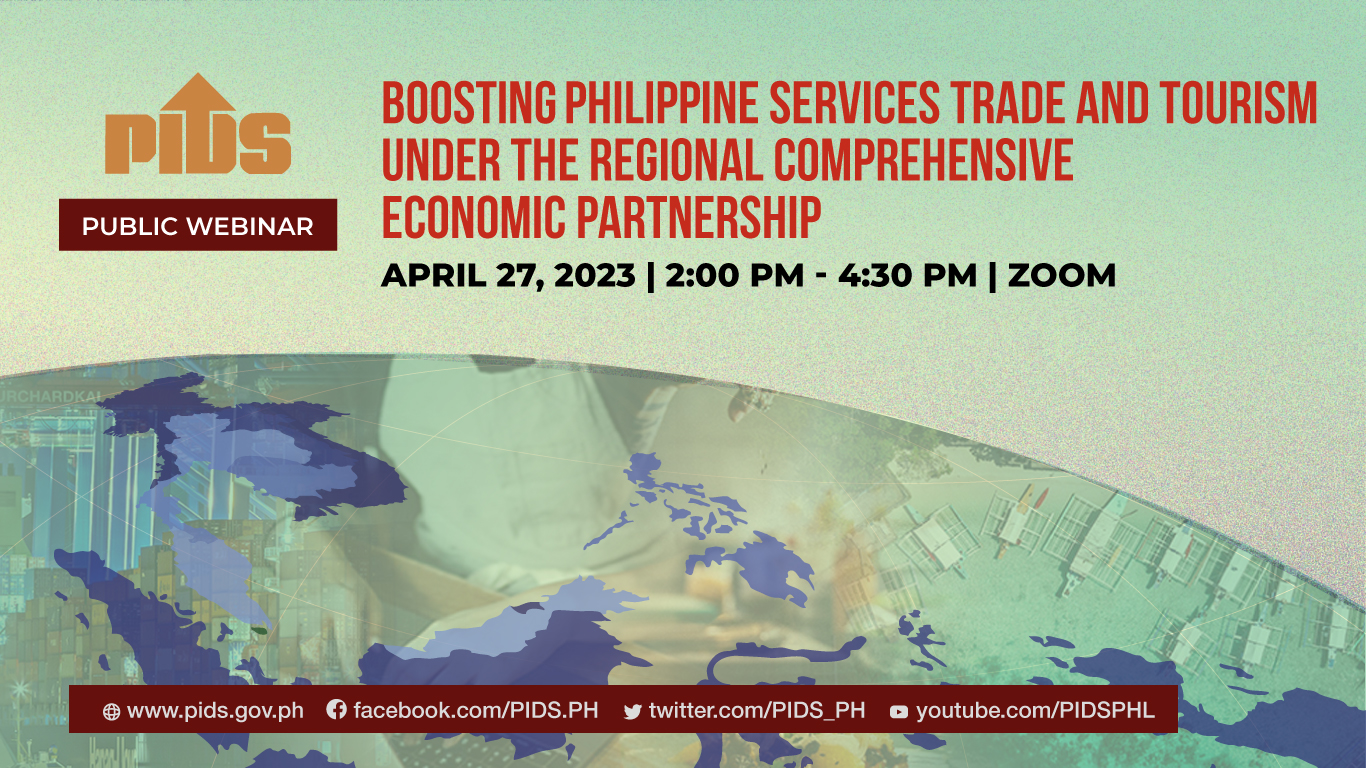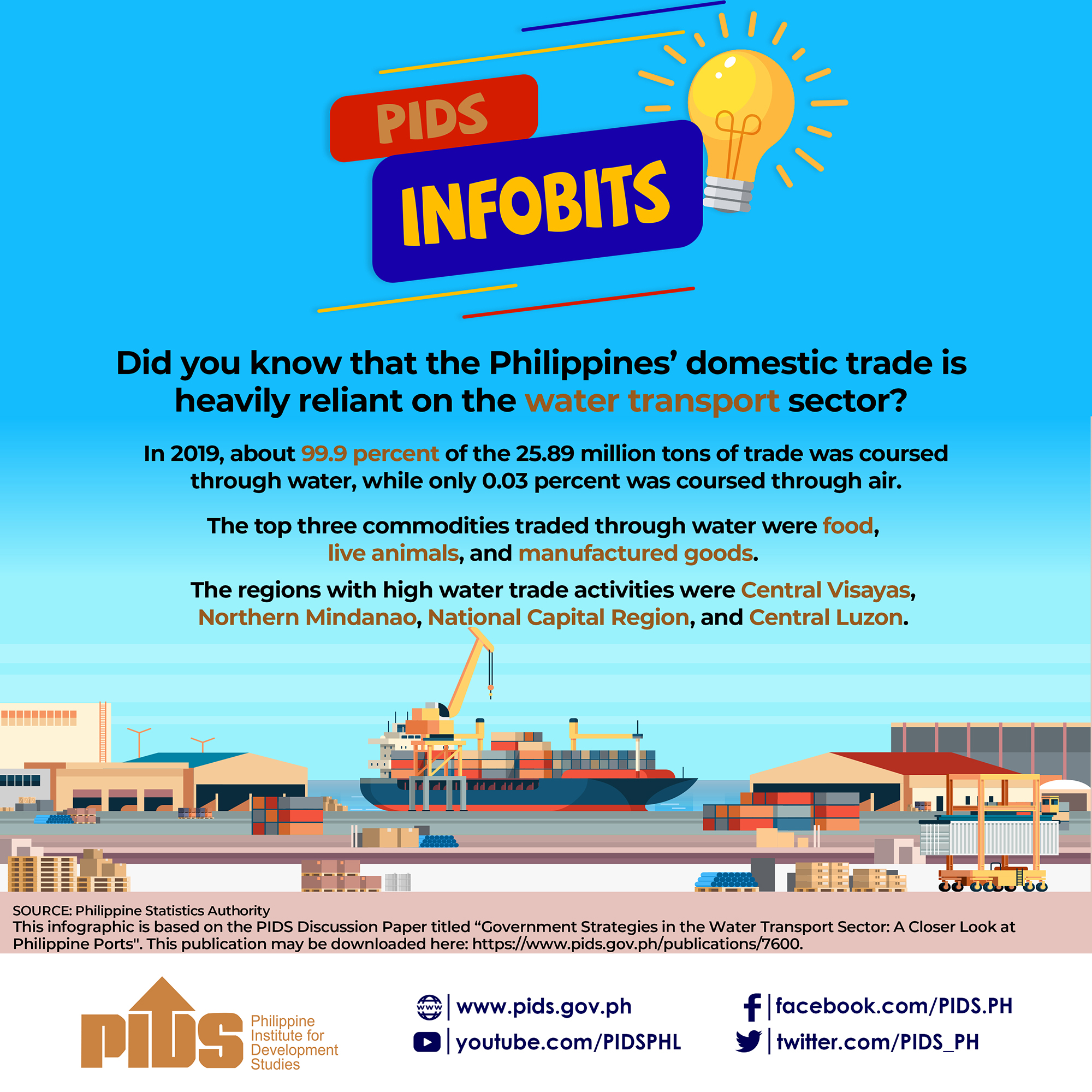This was the reaction of Dr. Josef T. Yap, president of the government think tank Philippine Institute for Development Studies, to the government`s initiative to negotiate FTAs, most of which, he said, are knee-jerk reactions to the initiatives of other countries.
In a study titled, The boom in FTAs: let prudence reign, Yap emphasized that the unimpressive economic growth of the country is largely due to internal factors such as the lack of a modernized agriculture sector, weak institutions and inequitable distribution of income, among others.
Thus, he suggested that instead of finalizing the Japan-Philippines Economic Partnership Agreement, negotiating the China-ASEAN Free Trade Agreement, or pursuing an FTA with the US and other countries, economic resources would be better allocated if these were channeled to agricultural productivity, improving governance and strengthening institutions.
Yap commented that countries in East Asia which experienced high rates of economic growth did so without the benefit of an FTA. China was not even a signatory of the General Agreement on Tariffs and Trade (GATT) or an original member of the World Trade Organization (WTO), he noted.
Meanwhile, Yap suggested that FTAs could still be pursued by countries despite the drawbacks surrounding them. However, he cautioned that given the resources required for FTA negotiations, developing countries such as the Philippines should be aware of the actual benefits of FTAs in order to determine the extent of negotiations.
He pointed out that these benefits are primarily political in nature and the economic consequencesgood or badare just side effects of the political payoff.
Entering into formal arrangements enhances regional peace and security. The China-ASEAN FTA for example should pave the way for a faster resolution of the Spratlys issue. FTA will also boost the political bargaining power of the countries involved by signaling their agreement to bond together to pursue common interests, he stated.




